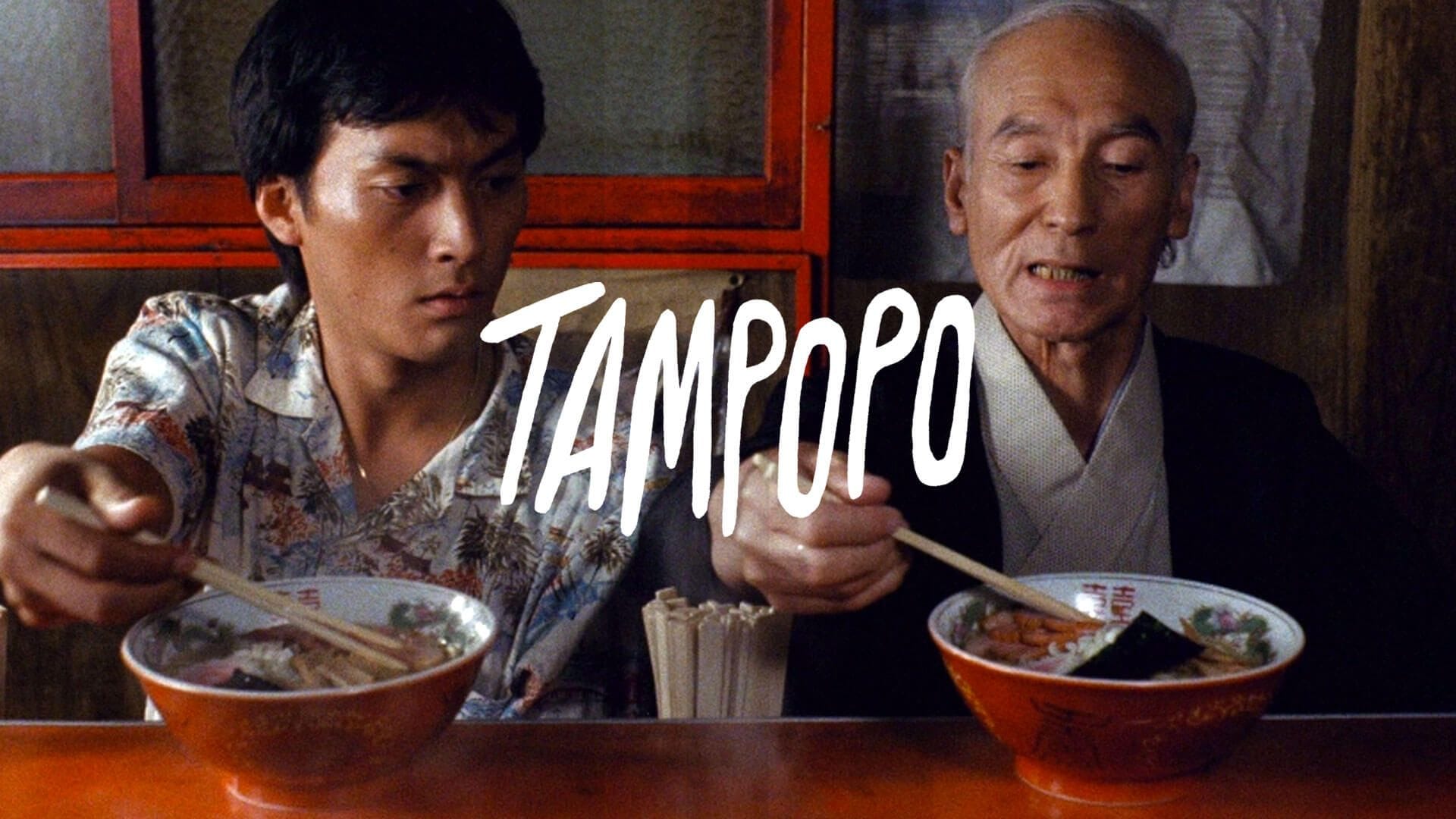The concept of Ikigai — How a 'noodle western' will help me pursue my project

Often, we are unable to pursuit a project because it holds meaning to us. We fail to keep up the work or never start in the first place. We get overwhelmed by the expectations that we're trying to live up to.
In my first post: “Can one become a Comprehensivist?” I concluded that the endeavor of this hole project–becoming a Comprehensivist–does not seem realistic, nor is it confined to a set frame of time. But how can one sustain working towards a goal seemingly elusive, certainly distant, without forfeiting hope or losing interest?
As an unlikely source of insight, I'd like to recommend watching “Tampopo – magical noodles” by Jūzō Itami (1985). I know, sounds a bit weird. And you are right… Even while watching, you could easily mistake it for a movie about a trucker that teaches Tampopo, owner of a small restaurant, to cook perfect ramen. Indeed, a great deal of the movie revolves around food –and occasionally sex.

But then look closer. There's more to it. The movie carries a hyperbole concerning an important aspect of Japanese culture that could–although not without loss–be figuratively described as “treading an infinite path of perfection in what you do, one humble step at a time, whilst appreciating small sights along the way”. Essentially, the movie portrays humorously the concept of Kudawari. That's the Japanese approach to perfection. Kudawari is a crucial part of Ikigai, a philosophy of work and live, that is deeply rooted into Japanese culture. This philosophy is based on five pillars:
- Starting small
- Releasing yourself
- Harmony and sustainability
- The joy of small things
- Being in the here and now
It's about understanding yourself as part of a greater whole. Compared to everything else, you are not that significant. By admitting your limitations, it's not a shame to start small. By starting small, you start at all. It allows for releasing yourself from norms and expectations, either by yourself or others. Avoiding expectations too high will prevent frustration in the face of adversary–which is guaranteed when you start something new. Once you've started, you strive to create value. By not playing zero-sum games, nobody loses and your craft becomes one of harmony and sustainability. This way, time is your proponent. Meaningful success cannot be achieved through smoke and mirrors. By being in the here and now, paying attention to small details, your craft will never feel repetitive. There are always small adjustments that you can make, to further improve what you do. This way, one can achieve excellence by modesty and persistence.
Now the implementation of Ikigai into my blog process:
First, launching this blog meant resisting the urge to work on the website for another week or practice writing more before posting on the internet. I started before I was ready. I started small.
Furthermore, I will release myself from harmful expectations by caring only about consistent effort, not outcome. Instead of an outcome dependent goal, I will measure myself against an input target, namely publishing one article every Sunday 6 pm.
To make my craft sustainable, I will provide value, delivering insight and perspective on the topics of my interest.
Lastly, I will be in the here and now by working towards the next article one at a time, finding joy in improvement that comes with numerous iterations along the way.
Now I'd like to challenge you. What's the one project you postponed because you cared so much? Start before you are ready. Keep going. Concentrate on small improvements. Provide value. For some extra inspiration, read “the little book of Ikigai” by Ken Mogi. For a substantial amount of inspiration, consider subscribing to my newsletter. There you go.
